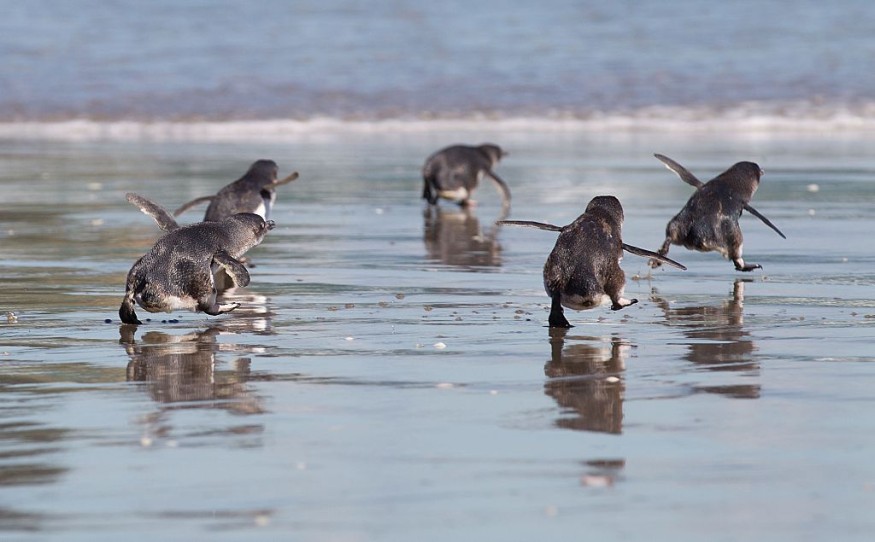About 266 rare fossil species of fauna were found in a wastewater treatment plant in Auckland, New Zealand. The unique fossils were unearthed in 2020 after excavations.
The discovery of undescribed fauna could likely date back three million years ago, or during the mid-Pliocence age, based on the research published in the New Zealand Journal of Geology and Geophysics.
The new fossils can help scientists and experts understand the existence and behavior of other unknown species that lived thousands or millions of years ago.
With advanced technology and equipment, researchers can identify, reserve and study the ancient fauna and discoveries of fossils, especially the marine fauna in New Zealand.
Rich fossils in New Zealand

Researchers were amazed by the unexpected discovery of ancient marine fauna and fossils after excavating in wastewater treatment.
The fossils could likely come to the Auckland region from the east when flooding occurred during the mid-Pliocene periods.
Based on the recent reports, the researchers managed to study at least 300,000 fossils in the rare discovery. In addition, 266 fossil species of unique fauna were also unearthed.
According to paleontologist Dr. Bruce Hayward, the discovery is considered a golden find on your doorstep.
With the number of fossils unearthed, it became the diverse fauna that unfolded in New Zealand. Based on molluscan fossil expert Dr. Alan Beu, the study discovered the following:
- Great White Shark Teeth
- Sperm Whale Tooth
- Vertebrae of a baleen whale
- Sawshark
Furthermore, the fossils had bryozoans, echinoids, bivalves and gastropods.
From 1945 to 1946, the researchers dug and recorded the Pliocene period's fauna at the Otahuhu Brewery, six kilometers east of Māngere, finding 41 species of larger molluscs
The latest discovery can assist researchers in understanding more about the marine environments or ecosystems in New Zealand that likely existed million years ago.
Also Read : Bee Cocoons Mummified in Portugal: New Fossils Lived During Pharaoh Reign 3000 Years Ago
Research and Ancient Discoveries
While tracking the movements and existence of known and unknown species is challenging, the recent findings are essential to science and experts.
Sometimes, unexpected excavations can lead to a gold treasure of fossils faunas. Recently, NWN also reported the latest findings about ancient animals.
In a study in Scientific Reports, experts uncovered the first-ever fossils of the rare Dicraeosaurid Sauropod in India, named the Tharosaurus indicus.
Sauropods are said to have thrived during the Late Triassic. The fossils could likely exist about 167 million years ago before going extinct. The said species of dinosaurs were famous for their small skulls and long necks.
On the other hand, a study findings in Papers in Palaeontology showed that fossils of Eucera bee cocoons were found in Portugal. Researchers explained that the cocoons were produced 3000 years ago during the time of Pharaoh.
For more similar stories, don't forget to follow Nature News.
© 2025 NatureWorldNews.com All rights reserved. Do not reproduce without permission.





